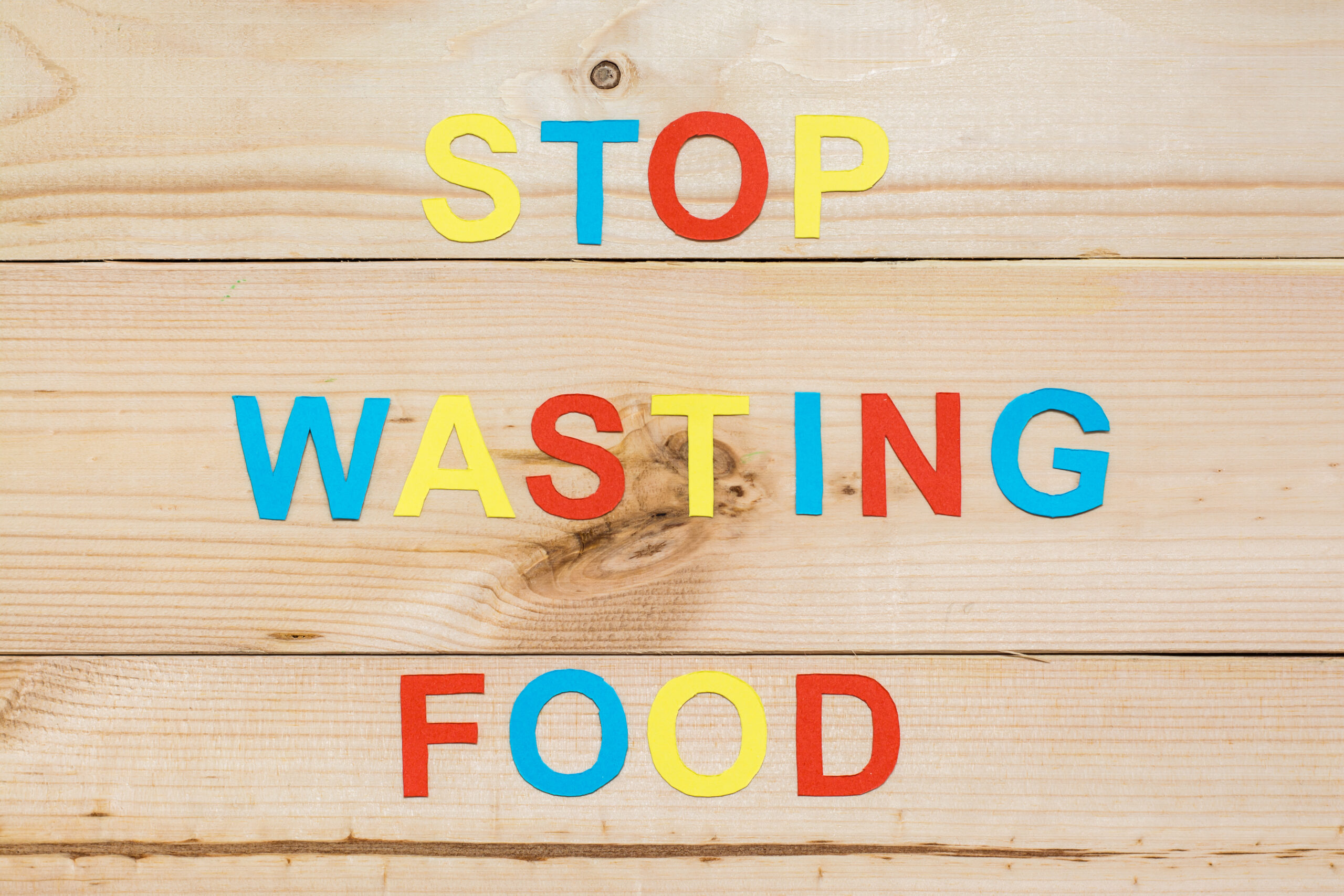Unilever Plc experienced a significant increase of product sales in 2017. The company was able to achieve these results because of its ability to conform to changing consumer preferences through product innovation and strengthening emerging markets.
During 2017, the company brought in a net profit of €6.5 billion (USD $8.1 billion), which is a 17 percent increase in profits compared to the previous year. Total sales for the year reached €53.7 billion ($67 billion), a two percent increase from 2016.
“We have delivered a good all-round performance with competitive growth, including an innovation-led improvement in volumes in the fourth quarter, and substantially increased margin, earnings and cash flow,” said Paul Polman, CEO of Unilever. “This puts us well on track to deliver toward the strategic objectives set out for 2020 and demonstrates the progress we have made in transforming Unilever into a more resilient and more agile business.”
Polman mentioned the acceleration of Unilever’s “connected 4 growth” program which was first introduced in 2016. He also highlighted the company’s efforts to diversify its portfolio of product offerings through innovation. The eleven acquisitions that Unilever completed over 2017 were also highlighted as key drivers for the company’s increase in profits last year.
“All of this is making Unilever increasingly competitive in light of fast-changing consumer and technology trends,” he concluded.
New product launches such as Hellmann’s Organic Mayonnaise, Knorr Natural and calorie-wise Magnum and Breyers ice cream pints have been seeing a lot of success in the growing millennial market.
“We increasingly see the consumers, particularly millennials, are looking for brands that serve a positive social purpose beyond pure product functionality. And the trends for more natural, organic, free-from authentic products is only accelerating.”
Polman identified digital growth as a key driver in assessing consumer markets globally and locally.
“One of the biggest opportunities, obviously, is leveraging digital, giving a new way of consumers to interact with our brands in real time,” he said. “Our global, local footprint means we can leverage technologies at scale, whilst pairing these with local insights in a connected and agile way, and that’s driving many of our brands.”
By developing local and global divisions for market insight and product launches, the company was able to focus on these regions and deliver strategic product innovations for specific consumer demographics. This was what helped the company identify food trends locally, nationally and globally.
Polman expects more growth for the company in 2018. Unilever’s management has forecasted sales growth to be between three to five percent this year.
“We expect this to include a greater contribution from volume than in 2017 and lower price growth, particularly in the first part of the year,” he said. “And we expect continued progress toward our 2020 underlying operating margin of 20%, fueled by our savings program.”












Join or login to leave a comment
JOIN LOGIN